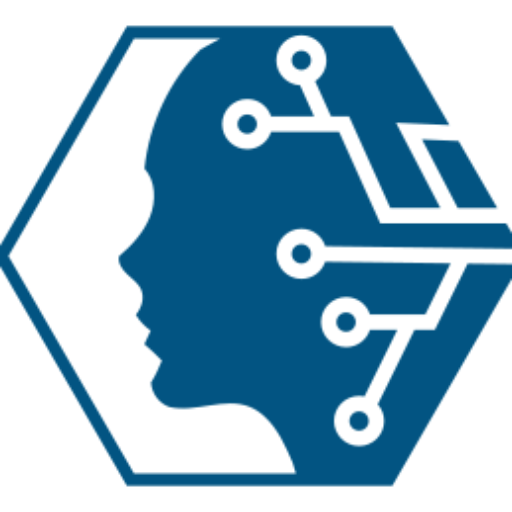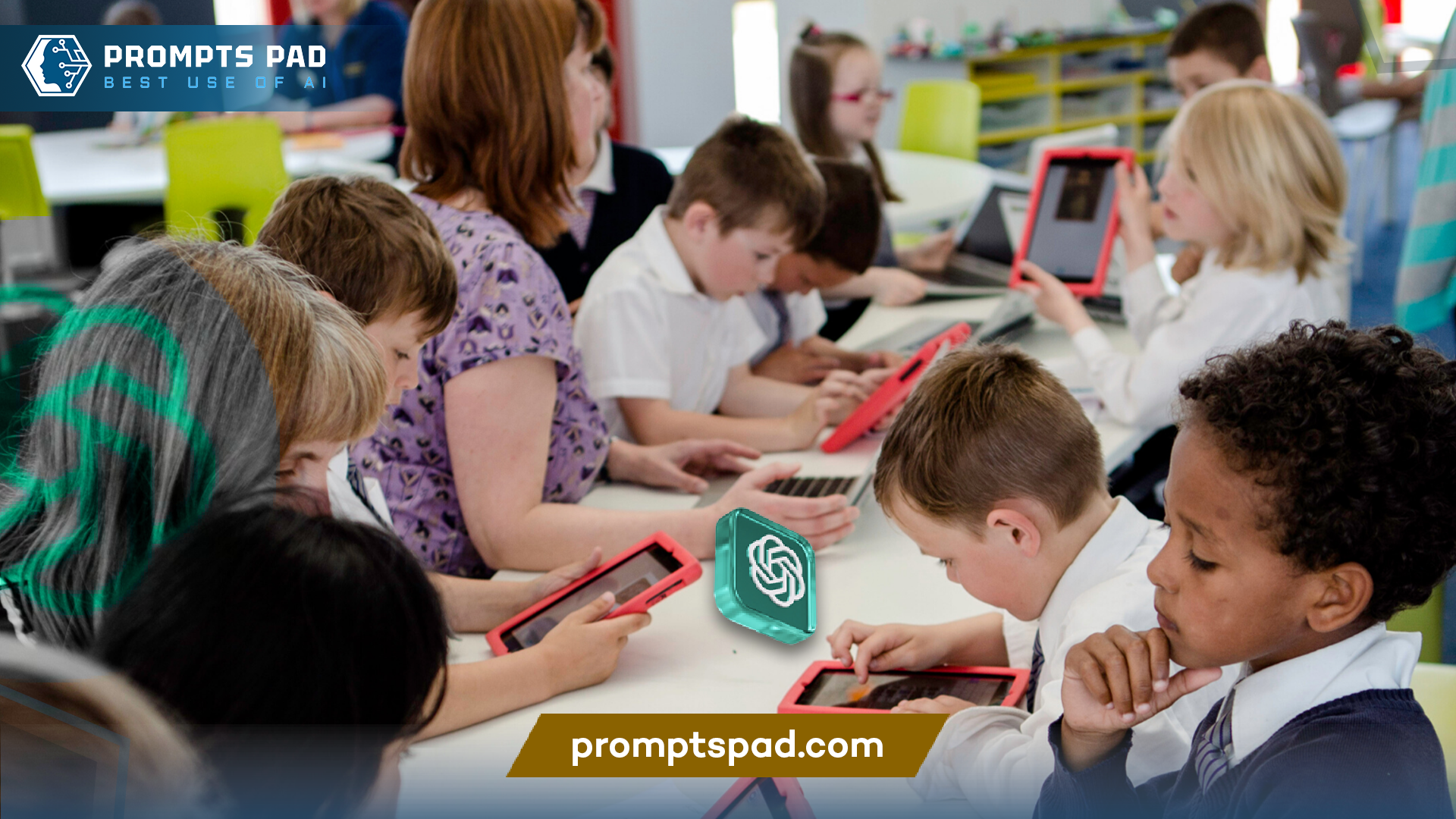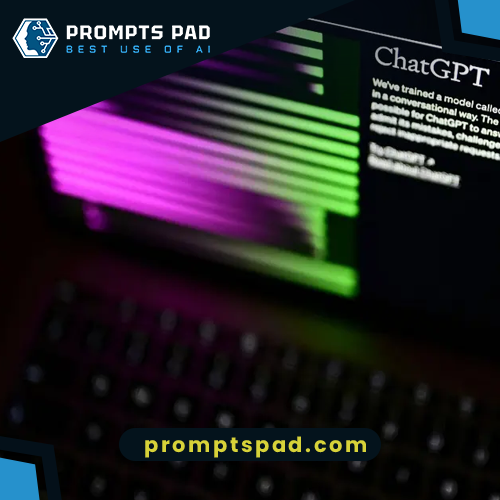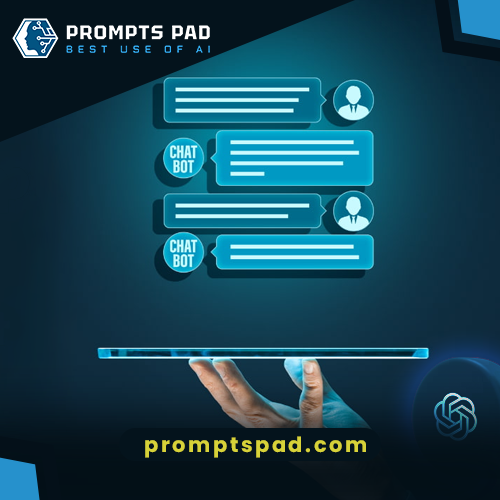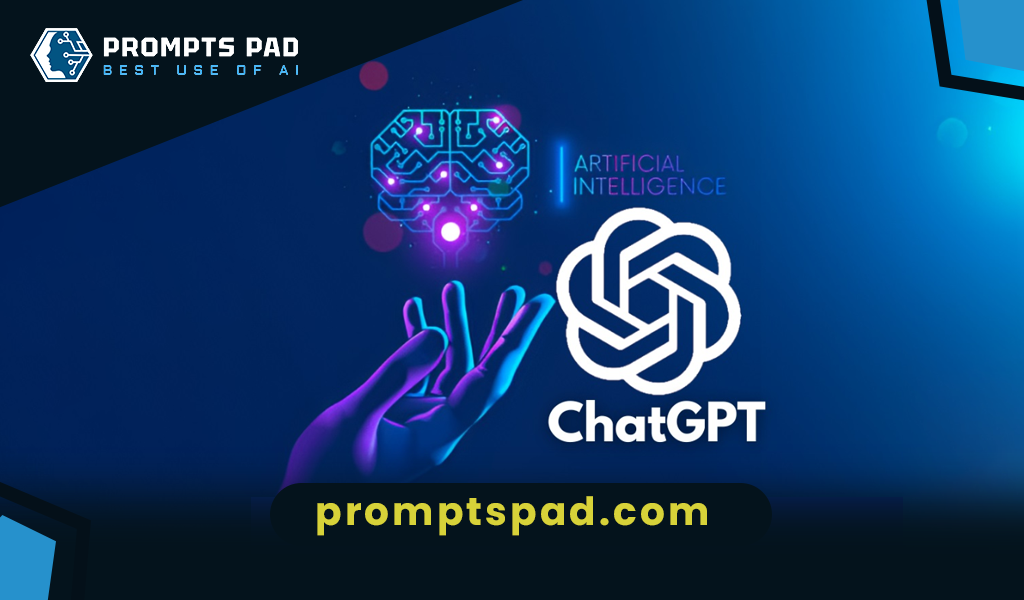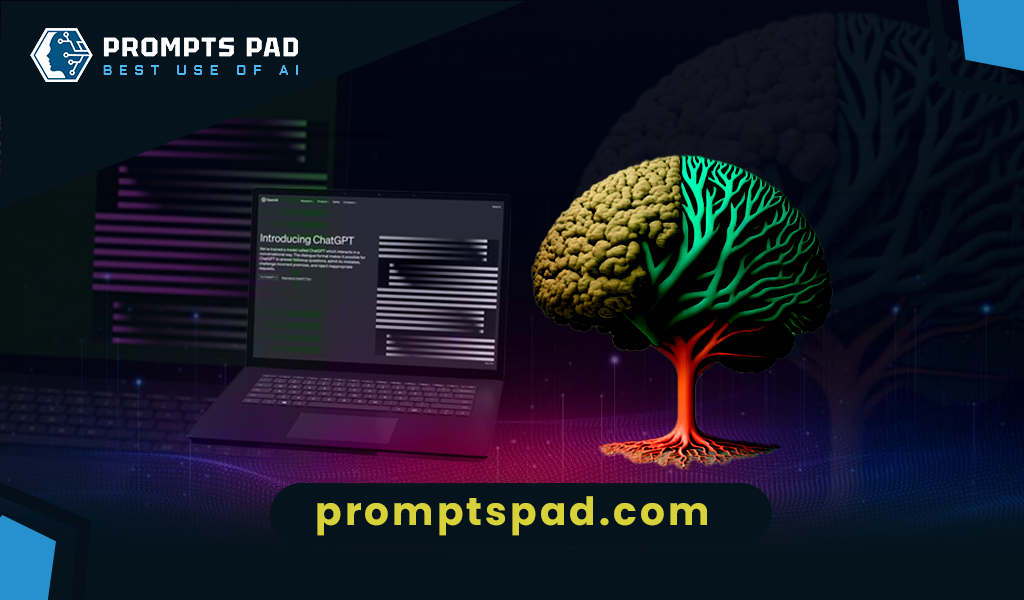
ChatGPT can assist researchers in their research across various domains. ChatGPT can be used as a creative assistant for idea generation and brainstorming. This may encourage creativity and result in innovations in their fields. ChatGPT can be utilized for literature review and research synthesis. Researchers can get the relevant information against their complex queries due to ChatGPT’s ability to comprehend information from the large knowledge base. This helps summarize research papers, pinpoint important ideas, and identify links between various studies. Researchers can streamline their processes, gain new insights, and significantly improve science and technology by utilizing the capabilities of ChatGPT.
Prompts Example:
- “Predict how technology will impact education in the next 50 years.”
- “Argue for or against the use of genetic engineering in humans to enhance intelligence.”
- “Examine the ethical considerations surrounding generative AI, such as deepfakes, biased content generation, and the potential misuse of technology. How can research in generative AI contribute to ethical guidelines and safeguards?”
- “Discuss how generative AI could be used to assist painters in creating intricate textures and brushwork that mimic different artistic styles.”
- “How to create an interactive generative AI installation that generates visual art in real-time based on the emotions and movements of the viewers in a gallery?”
- “Explore how artists and generative AI systems can work together in a co-creative process, where the AI generates initial concepts that artists then refine and expand upon.”
Here is the link to the result generated by ChatGPT;
https://chat.openai.com/share/cfe2501e-4b95-437e-9ffa-d55397a5d28e
